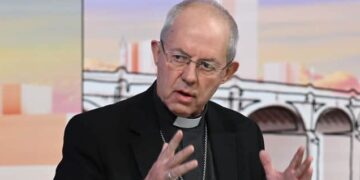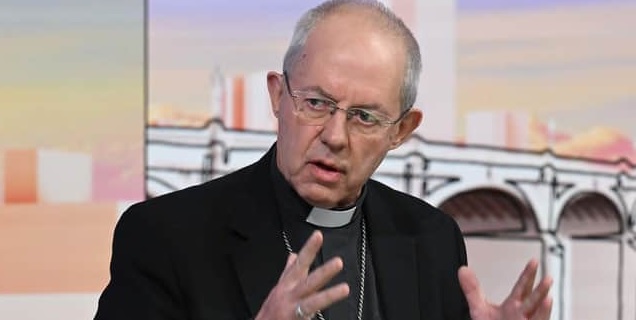By John Ikani
The Church of England has announced its decision to divest from major oil and gas companies, including BP, Shell, Total, and others.
The move is motivated by the Church’s belief that these companies are not adequately “protecting God’s creation” and failing to take sufficient action on net zero and climate change.
This decision comes after the Church’s General Synod, its governing body, voted in 2018 to disinvest from fossil fuel companies that were not actively addressing climate change by 2023.
Also, in 2020, the Synod voted in favour of setting a target for the Church to achieve carbon neutrality by 2030.
Previously, the Church had maintained that it could have a greater environmental impact by retaining its shares in these companies and encouraging them to transition to low-carbon practices.
However, the Archbishop of Canterbury, the Most Rev Justin Welby, who has a background in the oil industry, welcomed the Church’s change of stance.
Archbishop Welby stated, “The climate crisis threatens the planet we live on and people around the world who Jesus Christ calls us to love as our neighbours. It is our duty to protect God’s creation, and energy companies have a special responsibility to help us achieve the just transition to the low-carbon economy we need.”
He emphasized that the Church has long advocated for companies to take climate change seriously and work towards the goals of the Paris Agreement.
The Archbishop, who spent 11 years in the oil industry before following his calling to the Church, stressed the importance of phasing out fossil fuels, investing in renewables, and working towards a credible path to a net zero world.
He emphasized that the Church will follow both scientific evidence and its faith, which calls for climate justice.
In 2021, the Church Commissioners excluded 20 oil and gas majors from its investment portfolio.
The recent decision expands the list of excluded companies to include BP, Ecopetrol, Eni, Equinor, ExxonMobil, Occidental Petroleum, Pemex, Repsol, Sasol, Shell, and Total.
These companies are deemed misaligned with the goals of the Paris Agreement on climate change.
The divestment decision was made by the Church Commissioners for England, responsible for managing the Church of England’s £10.3 billion endowment fund, and chaired by the Archbishop.
The Church will also exclude all other companies primarily engaged in oil or gas exploration, production, and refining unless they demonstrate genuine alignment with a 1.5°C pathway by the end of 2023.
It is important to note that the Church’s investments in the oil and gas sector represent less than 1 percent of its overall endowment fund.
Alan Smith, First Church Estates Commissioner, expressed concerns about the risk of catastrophic failure for both humanity and the companies themselves.
He criticized the energy majors for their reluctance to adapt and their inability to envision a different, low-carbon future.
Smith emphasized that these companies would be left behind as the world transitions to a low-carbon economy.
While the decision to divest was not taken lightly, Smith acknowledged that the energy companies had not sufficiently listened to the voices of society and the markets they serve.
He added that if these companies align with the Church’s criteria in the future, the Church would reconsider its position and hope for such alignment.
In response to the Church’s decision, a Shell spokesman expressed disappointment but not surprise, given the Church’s recent change in stance.
The spokesman reaffirmed Shell’s commitment to becoming a net zero emissions energy business by 2050, aligning with the goals of the Paris climate agreement.
Shell also emphasized its focus on capital discipline, enhanced performance, and delivering shareholder value while balancing energy security and investments in lower-carbon energy sources.



































